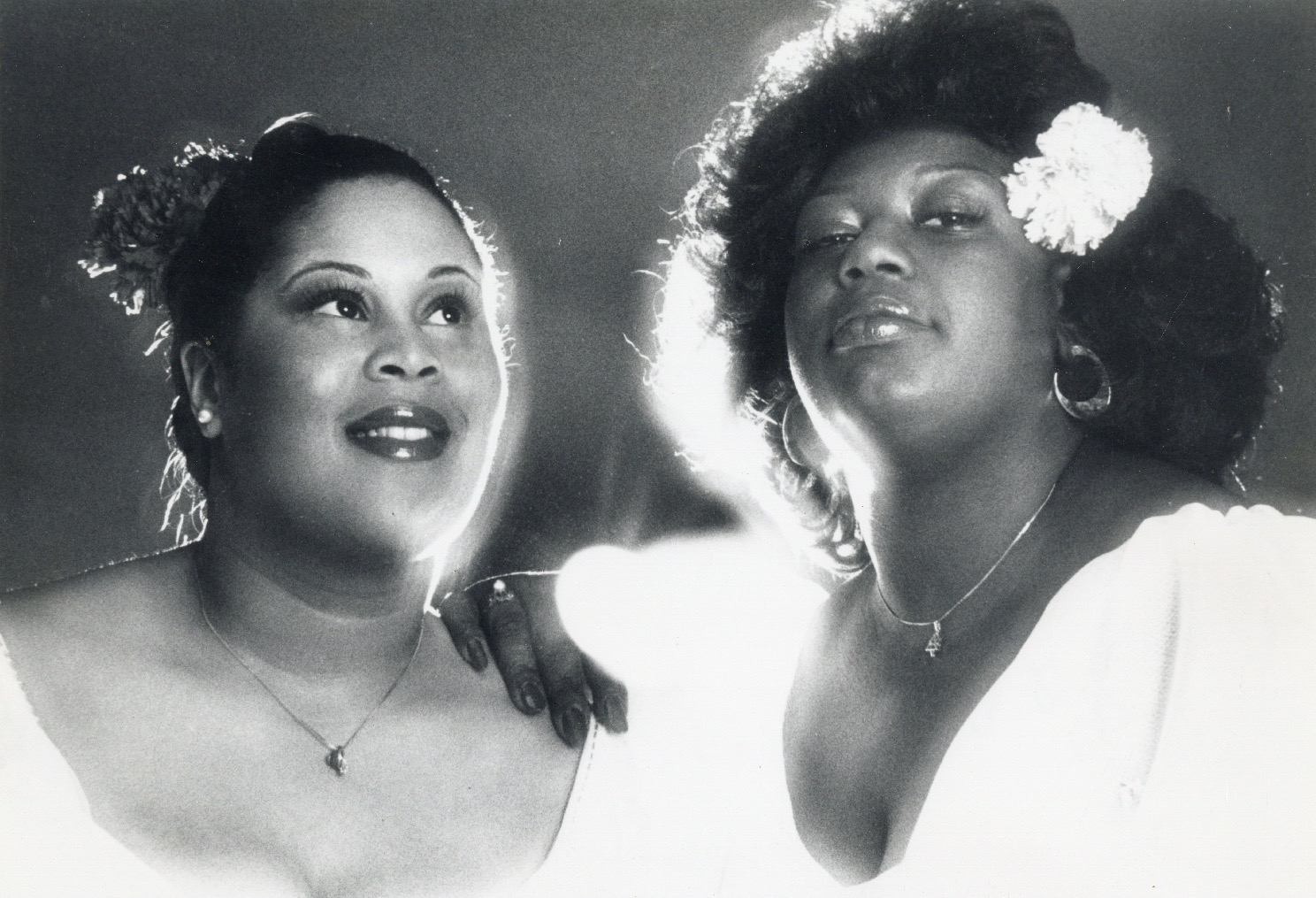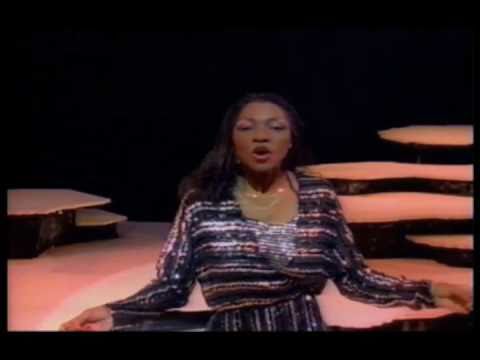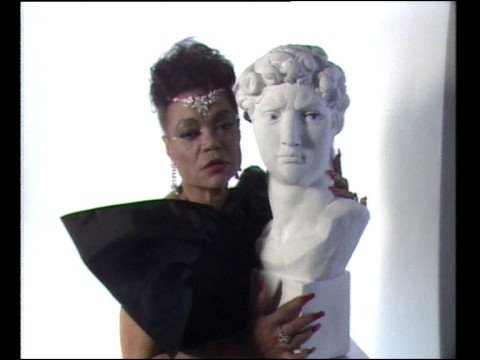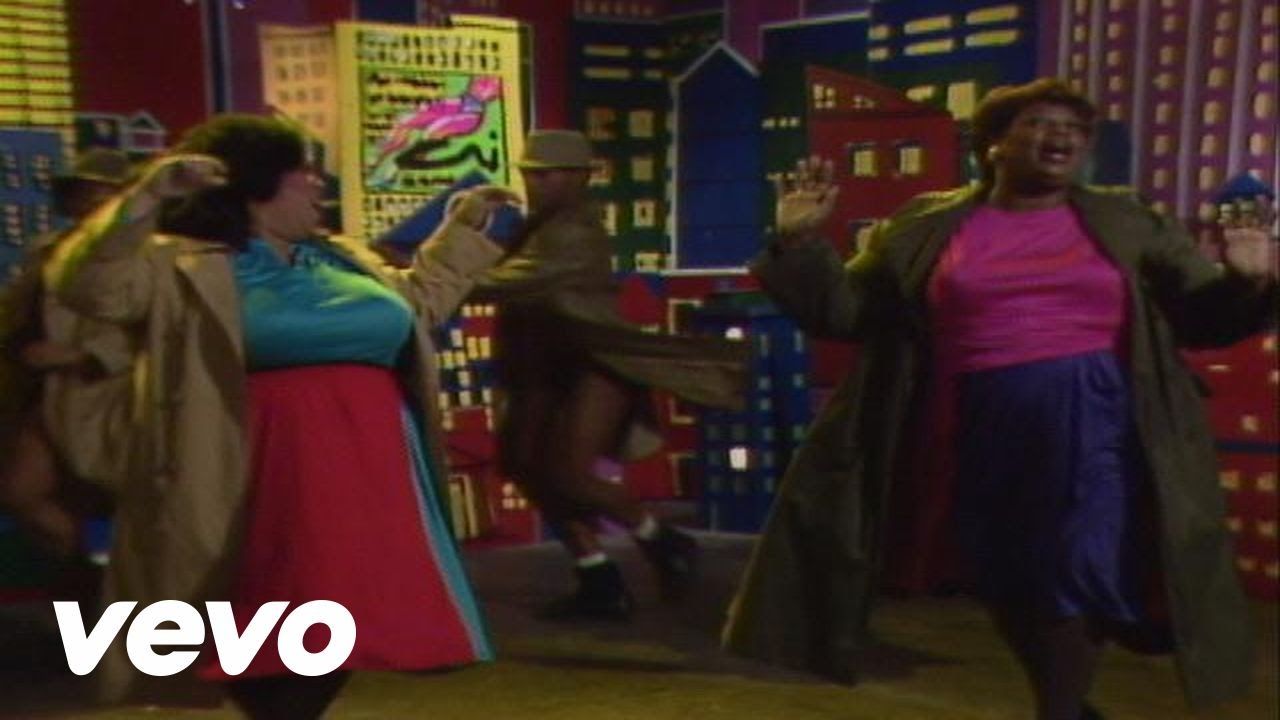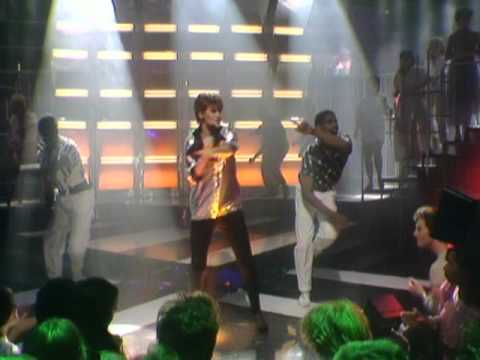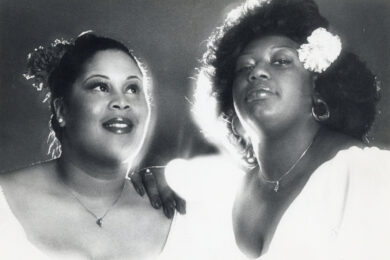After the Disco Demolition that ended the career of many acts, the prime movers such as Bee Gees, KC & The Sunshine Band and Chic among them, the mirror ball cracked on what was seen as the bloated behemoth of a culture that had been unmoored from its roots. Aside from the racist and homophobic undertones of the whole wretched enterprise, wankers who felt aggrieved that they couldn’t listen to the Eagles anymore had basically wiped out an aspect of disco culture – the velvet rope exclusivity of Studio 54 that was seen as an affront to most, and to be honest ‘Disco Duck’ wasn’t helping matters either. However, people still required something to dance to, and while the strings and elegance were a no go area, the beat quite literally went on.
By the turn of the 1980s, the underground was diversifying, and specialist charts began cropping up that reflected what was happening in the clubs. While the inkling of hip hop was germinating in the US, over in the UK there were the futurists making hay with a mix of post punk and synthesisers – one man who Bowie-ly managed to avoid any cancelation was Giorgio Moroder, whose pioneering work with Donna Summer saw him add a pulsing European frisson to the likes of Blondie (‘Call Me’), Japan (‘Life In Tokyo’) and soundtracks such as Midnight Express. There was also Kraftwerk, whose music not only served as a backdrop for patrons of places such as Blitz to stand around icily smoking fags to, but also also became important as early electro and hip hop started to make new out of old.
New technology put an end to the multi-membered outfits – or in the case of Kool & The Gang, caused them to diversify into appealing to pop audiences – and the sleek, stripped down sound of electronics were the driving force behind gems such as D-Train’s ‘You’re The One For Me’ and Evelyn Champagne King’s solid ‘Love Come Down’. Meanwhile, synths were altering the eurodisco landscape away from the campy Seaside Special end of things towards a more stripped down approach, a similar sound echoed in the early work of Bobby Orlando in New York.
Disco’s roots lay in gay culture, and as the 1980s wore on, it was becoming evident that not only had the culture mutated into something new, records were increasingly made for gay audiences, leaving behind the appropriated cuts that gay clubbers would dance to – early club charts would feature Yazoo, Yello, Kid Creole and various Euro hits. High energy was disco’s revenge, but also the way ahead for pop, as the rise of Stock Aitken Waterman and Pet Shop Boys would show, dominating the rest of the decade with a thrilling combination of the two forces.
Here are the tracks that topped the specialist charts and filled the dancefloors across late-1983/84. Release dates are sketchy – sadly very few resources are available detailing who or what came first, so it’s in order of arrival on the pop chart, a chart that itself needed to be broadened out in order to pick up the sales of then non-chart return shops, as floorfillers all had their regional bases.
There are numerous others that could’ve been considered – Sylvester’s ‘Rock The Box’, Kelly Marie’s ‘Breakout’, Paul Parker’s ‘Without Your Love’, Earlene Bentley’s ‘Caught In The Act’ and I’m probably going to have to move into witness protection for not mentioning Lime. I specifically didn’t include Frankie Goes To Hollywood due to, well, everyone knows ‘Relax’ and ‘Two Tribes’, yeah? Anyway, whip your top off, grab the poppers and finger your hole as I guide you through some of the key big ones.
Agents Aren’t Aeroplanes – ‘The Upstroke’
Composed of sisters Julie and Diana Seabrook, Agents Aren’t Aeroplanes’ ‘The Upstroke’ was a novelty cash-in on the success of Frankie Goes To Hollywood’s ‘Relax’, even down to the cover art. Recorded in February 1984, just as ‘Relax’ had started its reign at the top, it was released on Proto Records, run by Barry Evangeli, which had already issued gay club-directed tracks such as a yet-to-be-a-major-hit ‘Searchin’ (I Gotta Find A Man)’ by Hazell Dean along with numbers by The Flirtations, Divine, Nancy Nova, Slip and Lafleur. It also licensed the incredible Italo banger ‘Slice Me Nice’ by Fancy.
‘The Upstroke’ picked up airplay from unlikely quarters such as John Peel and eventually crept into the top 100, reaching number 93 in the Official Charts in May 1984. It scored the Stock Aitken Waterman enterprise their first chart hit. It also went down well in gay clubs, apparently, although this was possibly more a regional thing as it meant nish outside of London, and when it was heard, it was usually in conjunction with ‘Relax’. DJ Ian Levine even turned in a ten minute ‘Naughty Mix’ which got rinsed in Heaven around that time.
The Stock Aitken Waterman story pretty much began there. However it was with Divine where the trio would score their first Top 40 hit with ‘You Think You’re A Man’, closely followed by Hazell Dean’s follow-up to the reissue of ‘Searchin’’, ‘Whatever I Do’, which stopped a certain Pete Burns in his tracks when he heard it on the radio one morning. Despite his label’s misgivings about working with these fairly unknown producers, Dead Or Alive hooked up with SAW and released the single ‘You Spin Me Round (Like A Record)’ in October. While it didn’t instantly end the group’s chart allergy, it spent the next few months buggering around the lower reaches of the chart before a canny – and by now, fully on board – Epic, chose to delete it for a week or so to build up demand, and therefore potted it into the top 40 en route to becoming number one.
Shannon – ‘Let The Music Play’
Another track that was all over the Boystown and gay club playlists in 1984 was by Washington DC’s Shannon. Realising sensibly that the stage name of Brenda Greene might not have the desired effect, she took her middle name and began a dancefloor-facing career. After an invitation from mutuals, Shannon auditioned for producers Mark Liggett and Chris Barbosa. They’d been signed to Emergency Records to do some production work after Barbosa had made his name as a reporting DJ on New York’s WTKU. The producers wanted a vocal version of an instrumental they’d made called ‘Fire And Ice’. Barbosa had created the tune which was indebted to his heroes Arthur Baker and John Robie, and the gating of Roland TR-808 drum machine was seen as quite revolutionary, as was its syncing to a Roland TB-03 bassline, which was reverbed and gated again to create what was then a whole new development in music. In a few years, that set-up would become the source materials for acid house.
Shannon sang over ‘Fire And Ice’ – conveniently the ideal description of the instrumental – and it became better known as the breathless Latin futurism of ‘Let The Music Play’. A tale of both love and loss on the dancefloor, it’s quite dramatic befitting the surroundings the lyric now found itself in. Quite fortuitous really, as ‘Let The Music Play’ is one of the greatest pieces of music ever made, the sound of spinning on your head in space, and bouncing around like a hip hop Asteroids with the clicking, snapping, breaking whoosh of neon and intergalactic weaponry combined.
The follow-up hit, ‘Give Me Tonight’ was – to some ears at least – even better. Another drama on the dancefloor masterpiece that, coincidentally, is one of Neil Tennant’s favourite records of all time and one that was noticeably influential in the formation of the Pet Shop Boys.
Eartha Kitt – ‘Where Is My Man?’
You’d have thought that someone such as Eartha Kitt might have seen it all – an illustrious career that encompassed both the sickly festive grimness of ‘Santa Baby’ and appearing as Catwoman in the Batman TV show. She could sing in 11 languages and was an inspiration to Diana Ross when she was in The Supremes – it was all going swimmingly until she spoke out against the Vietnam War at a White House dinner, and was instantly branded as a ‘sadistic nymphomaniac’ in the press. Look, WE’VE ALL DONE IT.
Her single, ‘Where Is My Man’, was seen as something of a comeback. The song, written and produced by Casablanca team Jacques Morali and Henri Belolo for their Can’t Stop Productions, revisited the tropes of ‘Santa Baby’ – pitching Kitt as some uneasy-to-please high maintenance diva who demanded shopping trips to Tiffany and visits to Saint Tropez.
It all kicked off in France in 1983, when the song reached number two in the SNEP chart, and went top 10 in Belgium and Sweden. In the UK it reached number 36 in January 1984 after a slow burn climb since the end of November, and became her first chart entry since 1955. It was also her first song to be released in America since all that anti-war business, finding favour on the dance charts.
The follow-up, ‘I Love Men’, was also the title track of her album licensed for the UK on Record Shack. For some reason, this era of Kitt’s career is glossed over on any of her ‘Essential’ compilations, however it gave her a boost when she was embraced by a new generation of gay fans. She took to performing fundraisers for HIV/AIDS charities, and became an advocate for gay rights, telling BBC Radio that “We’re all rejected people, we know what it is to be refused, we know what it is to be oppressed, depressed, and then, accused, and I am very much cognisant of that feeling. Nothing in the world is more painful than rejection. I am a rejected, oppressed person, and so I understand them, as best as I can, even though I am a heterosexual.” After this renaissance, she adjusted her output to suit, with ‘This Is My Life’ in 1986 and teaming up with what remained of Bronski Beat in 1989 for the Top 32 smash ‘Cha Cha Heels’ in 1989.
The Weather Girls – ‘It’s Raining Men’
First released in 1982, the fundamental thing about ‘It’s Raining Men’ is that it stands at the intersection of cabaret, showtunes and novelty. This is not a disco song – it has all the hallmarks, yes, but strip it of the vocal and it’s more like an excitable stage-piece where the leads engage with a cast of extras. The dramatic tension and propulsion is driven by the vocal, offering up a camp delivery without too much diva-ry. It’s a song made accessible for the singalong. The Weather Girls – Sylvester’s backing singers Two Tons O’ Fun – could actually sing your house down, yet here they’re relatable, helpful divas, who when not lunging over disco, looked like they’d be the neighbourly sorts who’d leave a lasagne on your doorstep if word had got round you were poorly.
The very concept of ‘It’s Raining Men’ was bananas as it is. Even a light drizzle of men would prove hazardous, being knocked to the ground by a falling hunk, and with corpses caught up in trees and rotting unwanted on rooftops for days afterwards. No. ‘It’s Raining Men’ was campness as dampness. End of pier polite titillation of balloons and shrieking and urgh. No wonder it went top three, while the friskier elements of Miquel Brown’s cock habit languished further down the top 40.In fact, it’s no shock that Geri Halliwell was ALL OVER IT – it’s easy to imitate with limited skills: it doesn’t require operatics, octaves or a vocal showcase of ability. She simply essayed it to the best of her range and absorbed it into her brand. It’s part of her image of being the cheeky winky everywoman looking to rock the hen party dime. However, whenever someone covers a song such as ‘It’s Raining Men’ that is so embedded in the pink Stetson psyche, it is doomed to fail in the long term. It’s a bit like a Top Of The Pops cover. I mean, with the best will in the world, “I prefer the Geri Halliwell version of ‘It’s Raining Men!’” has rarely been uttered by any human being ever.
Hazell Dean – ‘Searchin’ (I Gotta Find A Man)’
Another track that had been building momentum since 1983 was ‘Searchin’ I Gotta Find A Man’. ‘Searchin’’ dropped onto Hazell Dean’s doormat when songwriter/producer Ian Anthony Stephens came a-knocking. Her versions of ‘Our Day Will Come’ and ‘Got You Where I Want You’, released by Decca, had been successful on the Northern Soul scene where he worked as a DJ. Impressed by her voice, Dean was who he had in mind when he wrote the song. “He sent me the track after he’d tracked me down through various publishing companies,” Hazell told the Daily Record, |and when I heard it, it just sounded so fresh and new and different. It felt like I’d found the sound I’d been looking for. It was the little place where it worked for me and completely changed the direction of my career.”
Almost overnight, ‘Searchin’’ turned her into the queen of high energy. “High energy dance music wasn’t really on my radar at that time. I had always wanted to be a singer-songwriter, strumming a guitar. I was happy singing ballads, but ‘Searchin’’ was such a special song, it literally burst into my life and changed my career path.” The success of ‘Searchin’’, as Dean explained to Smash Hits in 1984, was down to simplicity. “A lot of people look down on high energy, maybe because it’s not stating something deep or political or whatever. But my record’s a good disco record and a good pop record and, at the end of the day, that’s what it’s all about. Good songs.”
Miquel Brown – ‘So Many Men So Little Time’
Especially written for Heaven’s dancefloor by Ian Levine and Fiachra Trench, ‘So Many Men So Little Time’ was another of the big diva-assisted directional gay anthems that gained traction in 1984. It featured Canadian-born Miquel Brown bemoaning her lot of non-stop cock. The manly chanting up of ‘FIVE! TEN! TWENTY!’ offers up the first signs of the palaver that Brown faced. “For fifty-two weeks of every year there’s a new man every day” which suggests there were at least 365 (or 366 if a leap year) men that Brown would work her way through. Maybe she had a different take on the whole ‘five-a-day’ dietary advice. Even on Christmas Day, when you’d think she’d want some time off, or you’d hope she at least forewent the usual dinner in favour of shag-friendly buffet of festive light bites – an on-the-go prawn vol-au-vent, if you will.
Speaking to Peter Shapiro for his book Turn The Beat Around: The Secret History of Disco, Levine remarked that “I had been at the Circus Maximus in L.A. and I saw a guy wearing a T-shirt that said, ‘So many men, so little time,’ and I was like, ‘One day I want to make a record with that title.’ The concept was I sat down with my co-writer and arranger, an Irish guy called Fiachra Trench, and I played him ‘Relight My Fire’ and I said, ‘I want this kind of choppy piano, big powerful chords, and the idea is a woman is going to sing, instead of ‘I love you, I want you, you’re the man of my dreams,’ I want the opposite. I want ‘I wake up next to this man and say, ‘Who are you?’’ It’s so naughty but nice and everyone’ll love it.”
‘So Many Men So Little Time’ offered a space where gay men could relate to the perils of a woman seemingly pursued by penis, positively haunted by hunks and menaced by men whose clothes didn’t want to stay on. But Brown, via the songsmithery of Levine and Trench, also wanted you to understand that she was a classy woman, operating at a sexual liberation level of ‘popular but not trampy’. Several rungs above a whore perhaps, where a three-a-night at best or a bonus ‘cum on her tits’ reward for a pleasing fingering was the frisson of erotica. Did the audience relate to Brown’s situation? You bet.
Evelyn Thomas – ‘High Energy’
Hazell Dean’s ‘Searchin’’ may have been the first big hit, but the musical avatar of the high energy movement, as far as chart success was concerned, was ‘High Energy’ by Evelyn Thomas. Initially discovered by Ian Levine back in 1975 when he was scouting for gospel and soul singers to promote in the UK, they recorded the songs ‘Weak Spot’ and its follow-up ‘Doomsday’ which charted in the UK After signing with Casablanca for her 1978 album I Wanna Make It On My Own, she soon found that Casablanca weren’t that arsed in doing anything with the album and left her to her word. To be honest, it was all a bit of a mess until she reconnected with Levine.
‘High Energy’ was relentless, pounding and the sound of a backroom at full flight. A unifying mechanic propulsion that musically sounded like a production line. Bassline wise, it was also not entirely different from ‘Relax’. The trick was to feel the hit of amyl that would tune in with Evelyn’s high notes. There wasn’t much to it really. It’s high energy at its most basic and primal. No counter melodies, no bonus accessories, just the sound of a clattering pound over competing sequences. The chorus kicks in like an ecstatic chariot, where both the listener and music are in union riding on the mechanic doof. Evelyn is your inner voice. She’s the encouragement on your ride. ‘High Energy’ spoke to dancefloors internationally, spending 11 weeks atop the Record Mirror Hi-NRG Club Chart, and reaching its peak of number five in the UK charts in June the same week that ‘Two Tribes’ entered at number one and ‘Smalltown Boy’ crashed the top five. It was also a massive hit across Europe, where it spent four months at the top in Germany as part of a five-month chart stay.
Divine – ‘You Think You’re A Man’
Divine had already become something of a cause celebre of the underclass. Budget-free and tasteless, it was inevitable that his ‘brand’ should be extended into popular music. Divine had already issued the rocky ‘Born to Be Cheap’, but his work with Bobby Orlando took everything up another level. The collaborations ‘Native Love’, ‘Shoot Your Shot’, ‘Shake It Up’ and ‘Love Reaction’ would send shockwaves throughout international clubland, taking Divine into the charts around Europe and, primarily, the US Club lists.
‘Love Reaction’ would also bear some resemblance to New Order’s ‘Blue Monday’ I say ‘bear some resemblance’ – it’s practically a photocopy with Divine bellowing over it. In fact, it got to a point where ‘Love Reaction’ was raised in a copyright case, suggesting that it was a complete rip-off of ‘Blue Monday’, and yet Orlando reckoned that ‘Blue Monday’ was a rip-off of both his toe-taps, ‘Spys’ and ‘Passion’.
Come 1984 and ‘You Think You’re a Man’ was yet another significant leap forward for not just Divine, but also the then new production trio SAW. While ‘Love Reaction’ (which reached number 65) and ‘Shake It Up’ (82) had been minor UK hits, in July ‘You Think You’re a Man’ took both Divine and SAW into the UK Top 20 for the first time. Divine had just signed to the London label Proto, run by Barry Evangeli, a flatmate of Pete Waterman. The two had arranged a deal for SAW’s first release by Agents Aren’t Aeroplanes, and also had Hazell Dean on their books. Divine’s manager was looking around for producers to work on ‘You Think You’re a Man’, written by Geoff Deane, who up until then had been the face of Modern Romance. Having first considered Ian Levine, he opted for the fresh trio on account of their studio being the most hi-tech. “I knew the Divine record would be our big break,” claimed Waterman. “I don’t know how. I just knew. He’d been big on the gay disco scene for a couple of years, but if we could take him into the pop charts, it would be a real coup. So, we went down the studio to record the single and Mike and Matt actually taught him how to sing properly. He did the song with proper singing on it then got a cab to the airport to fly back to America. Barry came down to the studio to hear the track, but when we played it to him, he was horrified. “Why’s he singing?” he asked. “I don’t want singing. I want shouting.” So we rang the airport and got them to send Divine straight back. He came in, did the whole thing shouting rather than singing, in one take, and headed off back to the airport.”
When Waterman briefed the record’s promoter, he insisted that he focused on getting it into the pop outlets. “A lot of people around me didn’t think that was a great idea. ‘The song was almost immediately number one in all the gay charts and everyone was really pleased and surprised. I wasn’t. I mean, it was obvious it was going to be a big gay hit. A huge transvestite singing ‘You Think You’re a Man?’ I wasn’t expecting a medal.”
Sharon Redd – ‘You’re A Winner’
After a handful of uncredited appearances on disco hits, Redd signed to Prelude Records and became their biggest act with numbers like ‘Can You Handle It’ and a quartet of US Dance chart-toppers ‘Never Give You Up’, ‘Beat The Street’, ‘In The Name Of Love’ and ‘Takin’ A Chance On Love’. More significant chartwise in the UK than over there, Redd scored a handful of top 40 entries, yet one of those that, um, went nowhere near the top 40 was ‘You’re A Winner’ which became a Boystown/ Gay Disco Number 1.
Redd was a fearless performer and was in her natural habitat on a gay club’s stage. After this period of break out, she returned to the relative anonymity of backing vocals. A solo comeback in 1992 was kickstarted by a new version of ‘Can You Handle It’ with producers DNA which charted in the UK, however this success was short-lived when she died of AIDS-related pneumonia in May 1992, which she’d contracted after cutting her foot onstage.
Laura Branigan – ‘Self Control’
“I! I live among the creatures of the night!” – not my words, but those of Laura Branigan, or more factually, those of Italian singer Raf and co-writers Giancarlo Bigazzi and Steve Piccolo. Their tune ‘Self Control’ had been a massive Euro hit spending seven weeks at number one in Italy, and duked it out at the top in Switzerland in a chart sandwich with the better-known cover by Laura Branigan. Raf was often the chart bridesmaid to it, being the runner-up for several weeks in Germany’s charts. Laura Branigan’s version went on to be bigger, topping the charts across Europe and Canada too as well as a number four in the US
Branigan had long been aware of the importance of Italo Disco. Having had an international hit with her phenomenal version of Bigazzi’s ‘Gloria’ a year or so before, it was one of four Italian origin numbers that he recorded during this period. Branigan took her Harold Faltermeyer-produced ‘Self Control’ and made it a tad more urgent and thunderous compared to the Raf original, which would explain its popularity on gay dancefloors. It was also the lyric, about someone living for the night, and sounding like they’re up to something filthy, or rather illicit, by escaping into the dark – no wonder gay men could identify with it. Good to dance to, even better as a soundtrack to roam the darkrooms and bum dungeons.
Ian Wade’s new book 1984: The Year Pop Went Queer is out now via Nine Eight Books.

